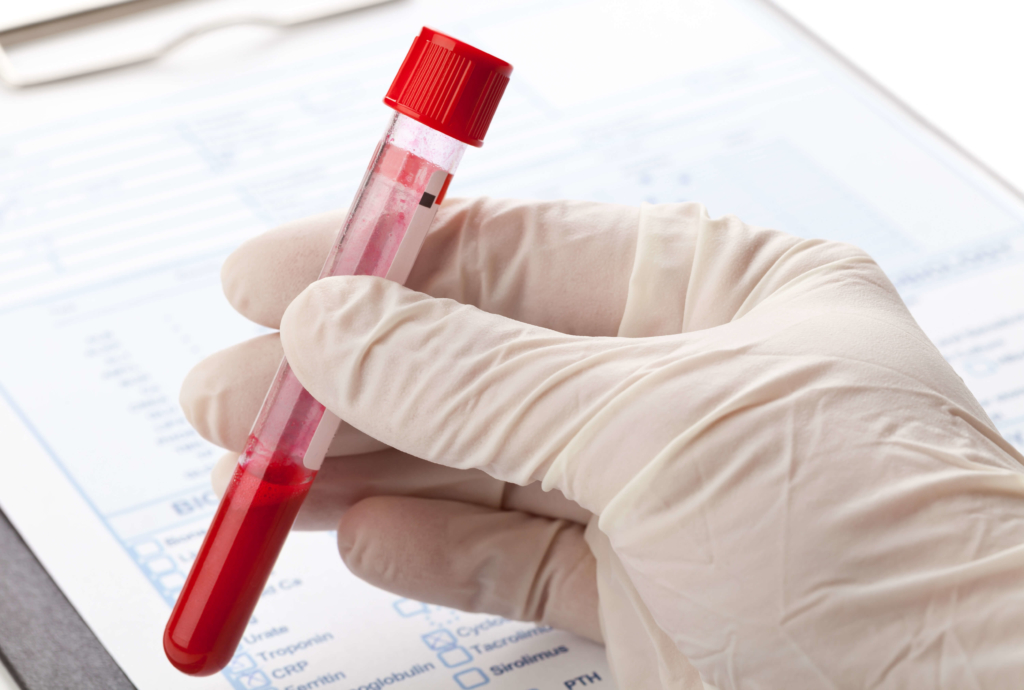Detecting Cancer Early Through a Single Blood Test
CancerSEEK, developed by Lustgarten-funded researcher Dr. Bert Vogelstein and his team at Johns Hopkins Kimmel Cancer Center, can detect the early presence of multiple cancers, including pancreatic cancer, and also can identify where in the body the cancer began. A study published in Science (February 28, 2018) found CancerSEEK has a specificity of greater than 99% and a sensitivity of 72% in patients with pancreatic cancer stages 1-3—meaning it is highly successful at identifying those with the disease and also correctly identifying those without the disease—and accurately predicted cancer type.

In 2019, Thrive Earlier Detection Corp., founded to commercialize CancerSEEK, launched a prospective study of 10,000 healthy patients to determine if CancerSEEK identified the early presence of certain cancers. Results reported in 2020 showed CancerSEEK more than doubled (25% to 52%) the number of cancers discovered in individuals with no prior history of the disease.
Exact Sciences acquired Thrive in January 2021 to move the test to market. New technologies are being developed to improve the test’s accuracy and will be incorporated in an 80,000-person registration trial seeking FDA approval. The CancerSEEK research lays the foundation for a single blood screening test for multiple cancers that could be offered as part of routine medical checks and represents a significant step forward in how pancreatic cancer may be diagnosed in the future.
“Early detection research wasn’t always mainstream. The sea change has, in large part, resulted from the research the Foundation has supported both here at Johns Hopkins and in other labs. When the Foundation began supporting our work in 2008, they were almost alone. There was little government funding available and virtually no industrial interest.”
–Dr. Bert Vogelstein
